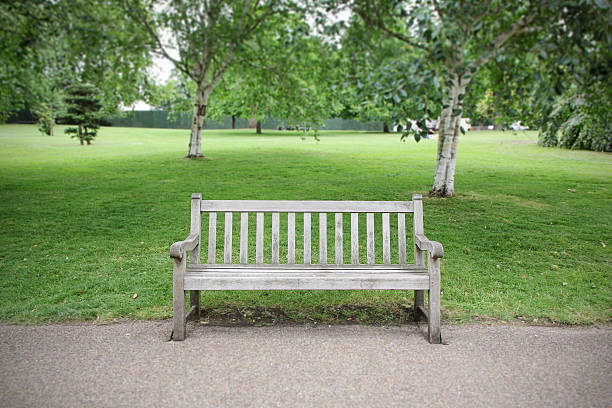Part of being in comedy is witnessing a lot of jokes. Many of which the public will never hear. Here are a few of my favourites. For example, one time I was in Phoenix to see a famous headliner (Maria Bamford). The crowd was pumped and the emcee was excited she was there.
After welcoming the audience he said, “Okay, let’s get this show started by bringing up some local talent. This young lady has only been doing comedy for a short time so make her feel comfortable. Say hello to Sarah Johnson.” Everyone applauded and this young college kid took the stage. Dressed in jeans and a hoodie she looked like a nice girl, from a wholesome family. Then came her opening line.
I know I look like I’m only twelve, but don’t let that fool you. I shag like I’m sixteen.
It was the line of the night. Headliner and all.
Travis Robinson
Travis was an engineer by day and a slow talker on stage. He almost had an air of depression about him. This joke was told maybe five or six times and I was lucky enough to catch it.
When I was young, I didn’t have porn like you kids today. All I had was this Playboy puzzle my dad used to keep under his bed. So every time my parents would go out, me and my brother would put it together. But back in those days ladies didn’t landscape the way they do now. So when we were sorting out the pieces it was like “muff, muff, muff, sky!”
Andew Iwanick
Andrew is a Ukrainian comic from Edmonton and one year placed second in the newcomer competition at Just for Laughs. Like Andy Kaufman, you never know where he’s coming from. Here’s a joke he did only once. It was my favourite from 2009.
A lot of people come up here telling stories about drugs and sex, but I’d like to talk about my grandparents. (Crowd goes ahh.) Grandpa is so funny because he always says the same thing. You could say “Hey grandpa, it’s snowing outside.” And he’d say “That’s right grandson. And you know why it’s snowing outside?” You’d say “No grandpa, why is it snowing outside?” And he’d say “it’s because of the Jews.”
Dave Stawnichy
Dave really prides himself on being a stand up. By day, he’s a caretaker at a Catholic grade school. Ask him the difference between a caretaker and a janitor and he’ll say “$6,000 a year plus the ability to speak English.” Anyway, Dave has some beauties.
While cleaning our teenage son’s room my wife found some adult magazines under the bed. But these weren’t the Playboy / Penthouse type that we are used to. These magazines were about bondage and S&M. So she calls me up and says “Dave! What should we do?” I said “I don’t know, but just don’t spank him.”
He has another that only worked during the engagement of Prince William and Kate Middleton. Though most women hated it, this joke was technically brilliant.
Have you heard the latest controversy over the royal wedding? Kate Middleton is thinking of wearing Lady Diana’s ring. And ladies, have you seen this ring? It’s a 12-carat sapphire, surrounded by 37 crown cut diamonds, accented by tiny little shards of windshield glass.
Texas
Of course, all great lines don’t come from a comedy club. The best are found in real world experiences. Here’s my favourite from a regular person.
I was in Dallas, drinking in a bar. I didn’t know the people around me and somehow the topic of gay marriage came up. This was back in the 80s and I must have said something derogatory. A gentleman beside me delivered the greatest defense for gay marriage I’ve ever heard. Complete with cowboy hat, handlebar mustache, and plaid shirt he said:
Hey mister, you ever slept with a man? Because I have and let me tell you something. They’re hairy, they’re boney, and they stink. So anybody who’d want to do that a second time must be in love.
I dropped my beer.

